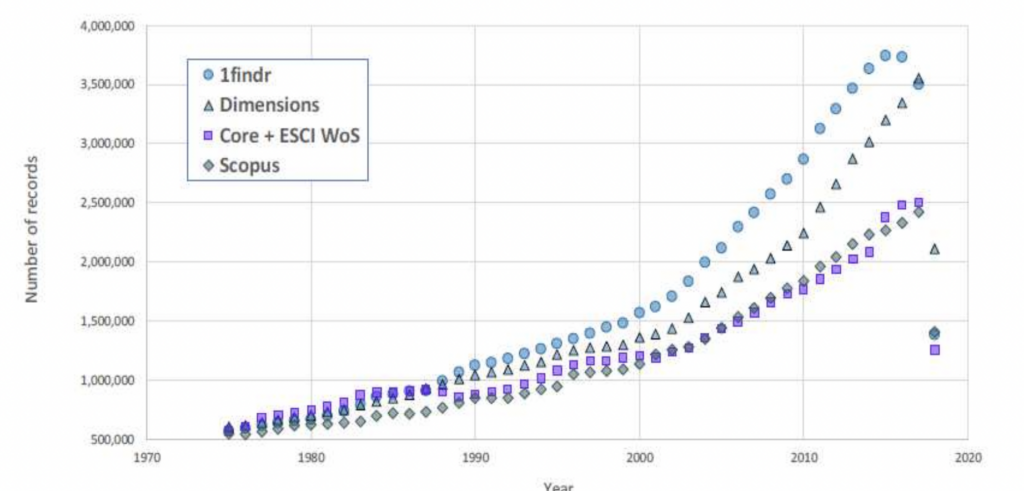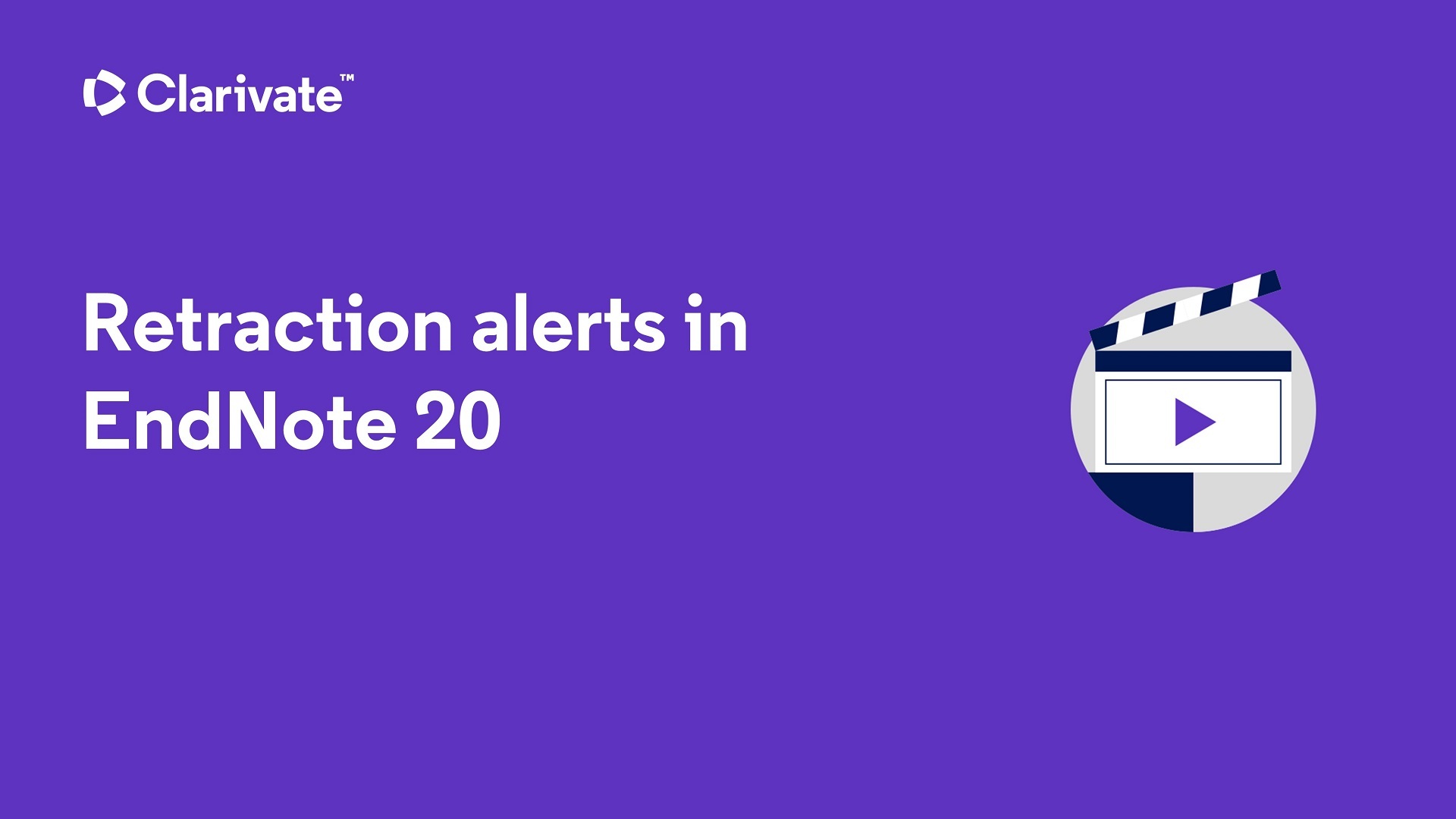The Web of Science™ is taking steps to help the research community better understand research integrity. In this blog post, we discuss our free courses in the Web of Science Academy, new features including ‘retraction alerts’ and share some practical tips for researchers to help uphold research integrity in their everyday work and research community.
The academic community is reliant on newly published research to further our knowledge on diverse topics and to keep developing our research programs. However, when false or erroneous results are published and later retracted it is not only a waste of resources, but it also threatens trust in the scientific process and scholarly publication record. If the research is used to inform policy decisions around, food safety and public health, for example, then misleading and false research can risk people’s lives.
When research integrity fails
The recent and highly publicized retraction scandal related to COVID-19 patient health data from the Surgisphere database is a case in point of the importance of scholarly integrity and the dangers of misleading research. Several studies were retracted when data discrepancies emerged and requests to audit and verify the raw data were not granted. The retractions, for example this study published in The New England Journal of Medicine in 2020, resulted in widespread confusion and distrust in COVID-19 related research and even temporarily halted clinical trials of the use of the drug hydroxychloroquine in combating COVID-19. Unfortunately, even after the papers had been retracted at least 100 studies continued to reference them.
The story behind unethical research
Academic publishing is growing (almost three million journal articles in the Web of Science™ were published in 2021) and scholars are experiencing increased pressures to publish and be cited in order to further their careers and attract grant funding. Alongside this, various forms of questionable practices, misconduct and even fraud appear to be on the rise.
The motivations behind unethical behavior can be driven by financial or reputational advancement, but lack of awareness and training in research and publication ethics also plays a role as there has traditionally been little structured training available.

Figure from the 2018 STM report showing the growth in the number of articles indexed from academic journals between 1975-2018 based on data from 4 different databases.
Ethical publishing: an introductory course
To address the lack of awareness and training in research ethics and publication ethics we have released a new course on the Web of Science Academy to provide a source of free training for authors, peer reviewers and editors.
The course ‘An introduction to ethical publishing behavior’ covers the various ethical practices one should be aware of while conducting research as a peer reviewer or editor. Courses in the Web of Science Academy are free to access after registering on the platform. All courses consist of short modules that can be completed at one’s own pace with a few knowledge checks after some of the modules to test yourself on what you have learned. Real world examples are used, and tips are shared from editors and industry experts. At the end of the course is a short quiz, after which learners can download a certificate of completion.
Retraction Alerts—are you using them?
There is no universal standard practice for journals on how to handle or display expressions of concern, retractions and corrections. Some journals are better than others at highlighting the fact that a paper has been retracted.
Web of Science publication records and reference management software EndNote™ (v20.2 and higher) now make it clear when a publication has been retracted by adding a retraction ID to a reference or publication. With EndNote v20.3 the plug-in extension ‘Cite while you write’ also shows whether a reference has been retracted or not. This is one way you can help ensure that flawed and misleading research is not being cited and built upon in your own research. For a more detailed explanation of how this works, watch this video:

Interested in learning how you can save hundreds of hours with EndNote? Check out our Research Smarter blog.
5 tips to help uphold research integrity:
- Be aware of the standards and expectations around research ethics in your academic field by educating yourself and undertaking training offered by your institution or online.
- Only associate with journals you trust (e.g those that have passed Web of Science quality criteria and are covered in the Web of Science Core Collection) when submitting your manuscripts, accepting peer review invitations and editorial review board membership, or editorial positions by using resources such as the Web of Science Master Journal List by Clarivate and thinkchecksubmit.org. You can also learn more about choosing a journal for your research here.
- Check that none of the references you have chosen to cite in your own work have been retracted or come into question.
- Share your knowledge around research ethics with your peers, for example by presenting a seminar at your institution.
- Set an example for others, especially the next generation of early career researchers who learn from their peers and advisors.
To learn more about research integrity and how various stakeholders from the scholarly ecosystem can do their part to help uphold research integrity read the 2020 Global Research Report, ‘Research Integrity: Understanding our shared responsibility for a sustainable scholarly ecosystem’ by the Institute for Scientific Information™.





